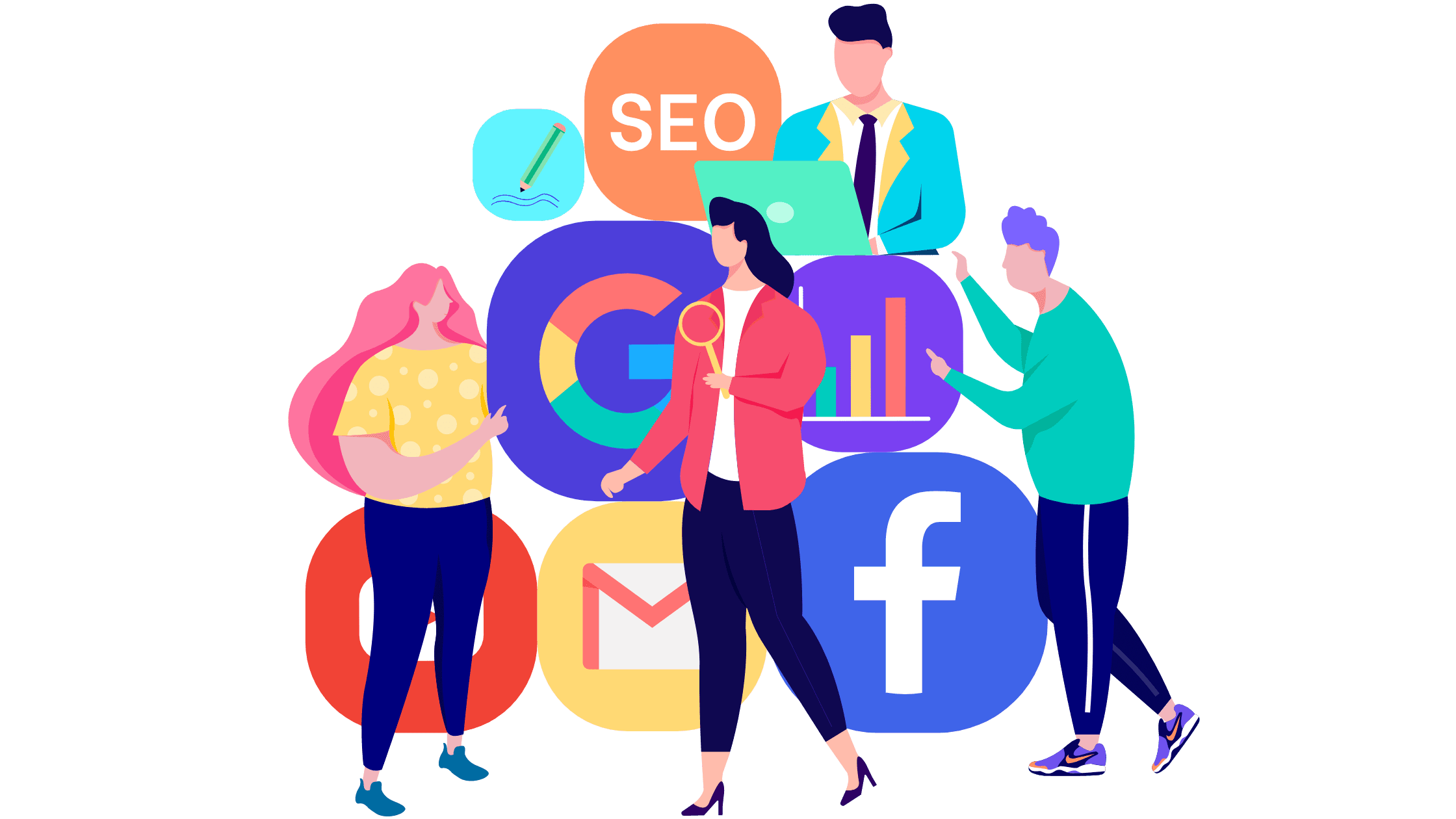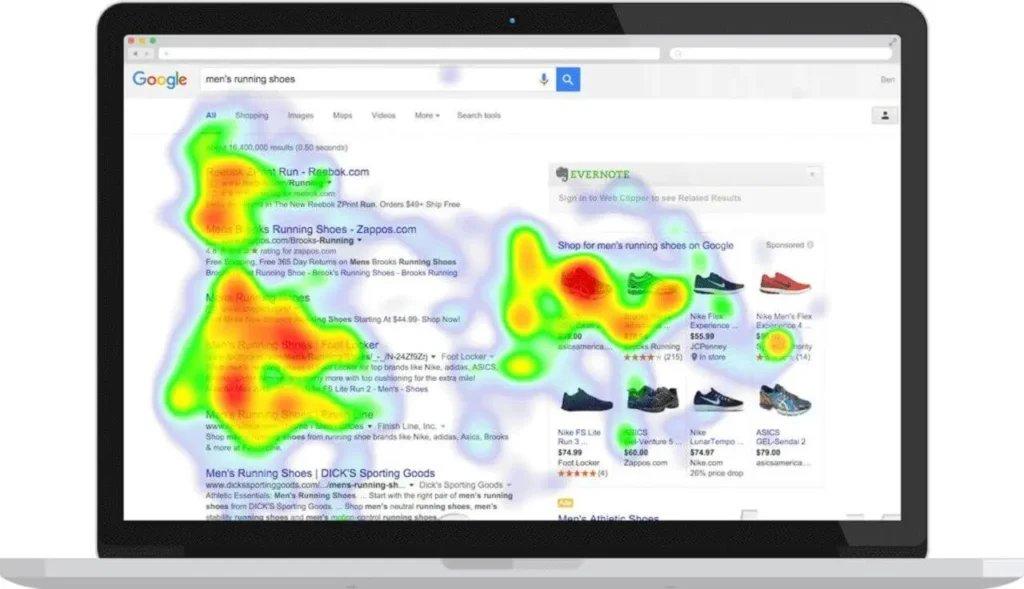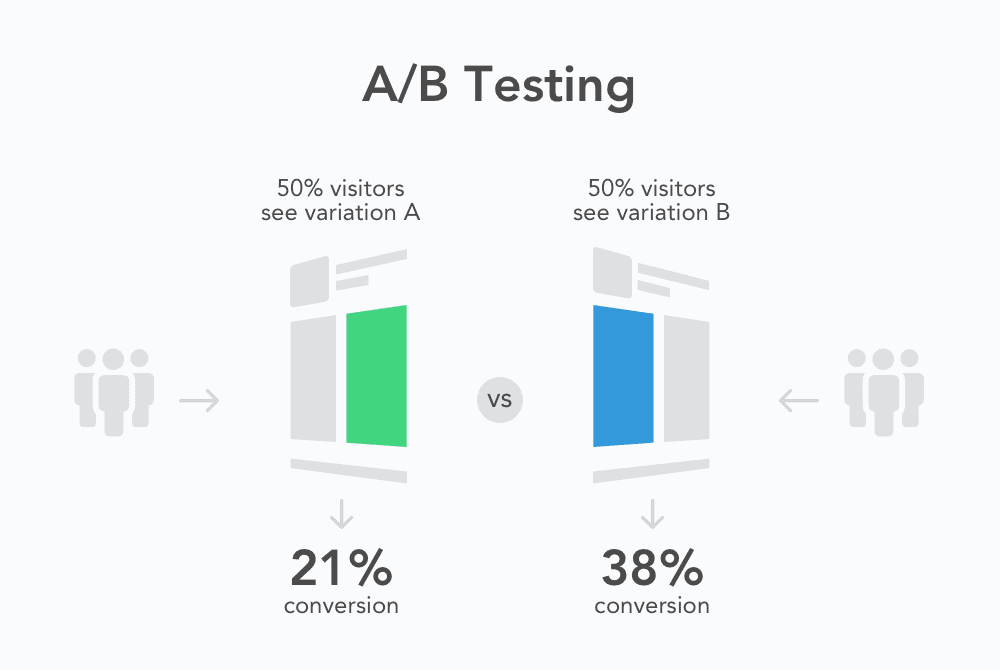In today’s competitive eCommerce landscape, standing out and connecting with your customers on a deeper level is more important than ever. Personalisation marketing has emerged as a powerful strategy to tailor the shopping experience to individual preferences, helping businesses in Melbourne and beyond increase engagement, build loyalty, and ultimately boost sales. If you’re new to this approach and wondering how to implement personalisation effectively for your online store, this beginner’s guide will walk you through the essential concepts, tools, and best practices to transform your marketing efforts and drive meaningful results. Whether you’re just starting out or looking to refine your strategy, read on to discover how personalisation marketing can elevate your eCommerce business in Melbourne.
1. Understanding Personalisation Marketing: What It Is and Why It Matters
Personalisation marketing is a powerful strategy that involves tailoring your marketing efforts to meet the unique preferences, behaviors, and needs of individual customers. Instead of adopting a one-size-fits-all approach, personalisation marketing leverages data and technology to deliver relevant content, product recommendations, and offers that resonate with each shopper on a personal level. In the competitive world of eCommerce, especially in vibrant markets like Melbourne, personalisation helps businesses stand out by creating a more engaging and meaningful shopping experience. When customers feel understood and valued, they are more likely to make a purchase, return for future visits, and even become brand advocates. Ultimately, personalisation marketing is not just about selling products—it’s about building lasting relationships that drive sustained growth and customer loyalty.
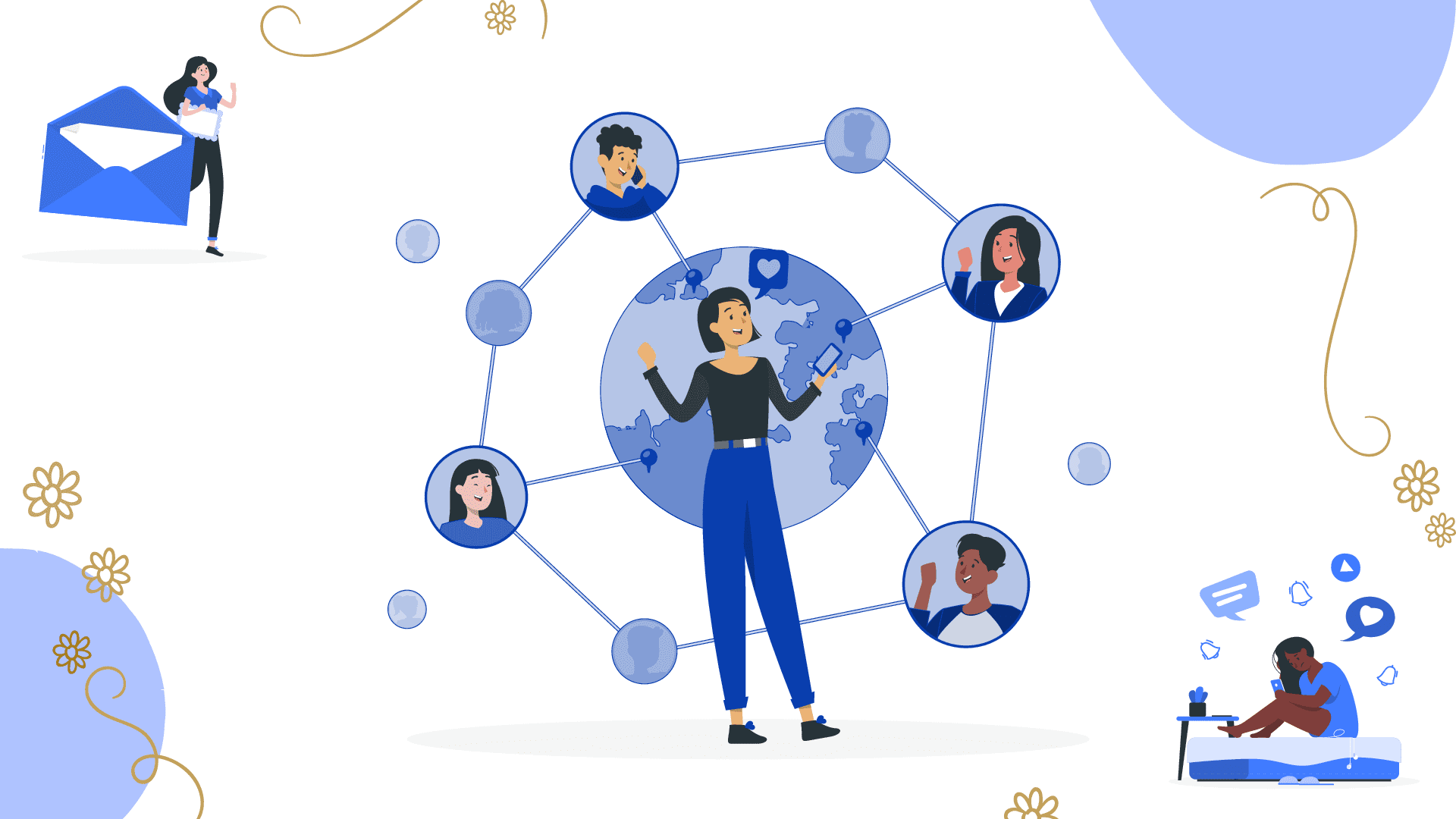
2. Key Benefits of Personalisation for Melbourne eCommerce Businesses
Personalisation marketing has become a game-changer for eCommerce businesses in Melbourne, offering a host of benefits that can significantly boost sales and customer loyalty. One of the primary advantages is the ability to deliver tailored shopping experiences that resonate with individual customers. By leveraging data such as browsing behavior, past purchases, and demographic information, Melbourne retailers can present relevant product recommendations, personalized offers, and targeted content that speaks directly to each shopper’s preferences.
This level of customization not only enhances customer satisfaction but also increases conversion rates. When shoppers feel understood and valued, they are more likely to complete a purchase and return for future transactions. Moreover, personalisation reduces bounce rates and cart abandonment by providing timely reminders and incentives that encourage customers to finalize their orders.
Another key benefit is improved customer retention. Personalised marketing fosters stronger relationships by maintaining ongoing engagement through customised emails, loyalty rewards, and exclusive promotions tailored to the Melbourne market. This keeps your brand top-of-mind and encourages repeat business in a competitive landscape.
Finally, personalisation helps Melbourne eCommerce businesses optimize marketing spend by focusing resources on high-value customers and campaigns that drive real results. By delivering the right message to the right audience at the right time, businesses can maximize ROI and build a sustainable foundation for long-term growth. In today’s fast-paced digital marketplace, embracing personalisation is essential for any Melbourne-based eCommerce business aiming to stand out and thrive.
3. Essential Tools and Technologies for Personalised Marketing
When it comes to personalised marketing in Melbourne, leveraging the right tools and technologies is crucial to effectively engage your customers and boost your eCommerce sales. One of the foundational technologies is Customer Relationship Management (CRM) software, which helps you collect and organize valuable customer data such as purchase history, preferences, and behaviors. Popular CRM platforms like HubSpot, Salesforce, or Zoho enable you to segment your audience and tailor marketing messages that resonate on an individual level.
Another essential tool is marketing automation software. Platforms like Mailchimp, Klaviyo, or ActiveCampaign allow you to create automated, personalized email campaigns triggered by specific customer actions, such as abandoned carts, product views, or past purchases. This automation not only saves time but also ensures timely and relevant communication that drives conversions.
Data analytics tools are equally important, helping you gain insights into customer behavior and campaign performance. Google Analytics and Hotjar, for example, provide detailed metrics and heatmaps to understand how users interact with your site, enabling you to fine-tune your personalised marketing strategies.
Lastly, don’t overlook the power of AI-driven recommendation engines, which can dynamically showcase products tailored to each visitor’s interests, significantly enhancing the shopping experience. Integrating these technologies into your eCommerce platform can be a game-changer, empowering you to deliver personalised, meaningful interactions that turn casual browsers into loyal customers.
4. Strategies to Implement Personalisation in Your Online Store
Implementing personalisation in your online store can significantly enhance the shopping experience for your customers and drive higher conversion rates. One effective strategy is to leverage customer data to tailor product recommendations. By analyzing browsing history, purchase patterns, and preferences, you can showcase items that resonate with each individual shopper, making their journey more relevant and engaging. Another powerful approach is to personalise email marketing campaigns. Sending targeted emails with special offers, product suggestions, or reminders based on customer behavior encourages repeat visits and fosters loyalty. Additionally, consider incorporating dynamic website content that adapts in real-time — from personalized homepage banners to customized promotions — ensuring that every visitor feels uniquely valued. Finally, integrating customer segmentation allows you to create specific campaigns for different audience groups, such as new visitors, returning customers, or high-spenders, maximizing the impact of your marketing efforts. By combining these strategies, you can create a seamless, personalised shopping experience that not only delights your customers but also boosts your eCommerce sales in the competitive Melbourne market.
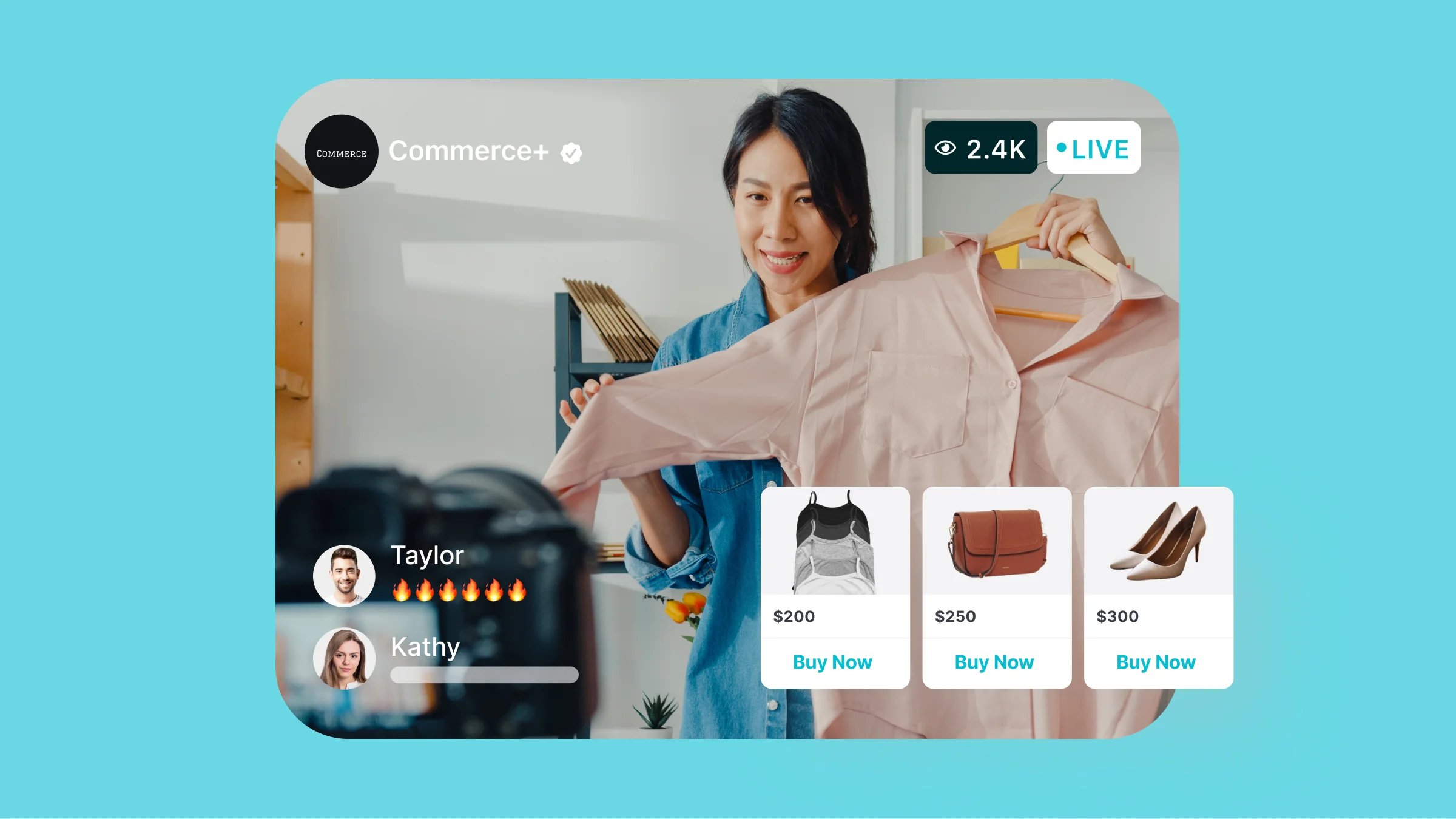
5. Measuring Success: Tracking and Optimising Personalisation Campaigns
Measuring the success of your personalisation marketing campaigns is crucial to understanding their impact and refining your strategies for better results. In Melbourne’s competitive eCommerce landscape, tracking key performance indicators (KPIs) such as conversion rates, average order value, customer engagement, and retention rates gives you valuable insights into how well your personalised content resonates with your audience. Utilize analytics tools and platforms like Google Analytics, Shopify Analytics, or specialised personalisation software to monitor user behaviour and campaign performance in real-time. Don’t forget to A/B test different personalised elements — such as product recommendations, email subject lines, or targeted promotions — to identify what drives the most engagement. By consistently analysing data and optimising your campaigns based on actionable insights, you can enhance customer experiences, increase sales, and build stronger brand loyalty. Remember, personalisation is not a one-time effort but an ongoing process of learning and adapting to your customers’ evolving preferences.
6. Common Challenges and How to Overcome Them in Personalisation Marketing
Personalisation marketing holds immense potential for boosting eCommerce sales, but like any strategy, it comes with its own set of challenges—especially in a vibrant and competitive market like Melbourne. One of the most common hurdles businesses face is collecting and managing customer data effectively. Without accurate and up-to-date data, personalisation efforts can fall flat or even alienate customers. To overcome this, invest in robust data management tools and ensure compliance with privacy regulations such as the Australian Privacy Act, which helps build trust and transparency with your audience.
Another challenge is striking the right balance between personalisation and privacy. Customers appreciate tailored experiences but can quickly become wary if they feel their information is being misused. To address this, be transparent about how you collect and use data, and offer customers control over their preferences through clear opt-in and opt-out options.
Finally, creating genuinely relevant content and offers requires continuous testing and refinement. Utilizing A/B testing and customer feedback can help you identify what resonates best with your Melbourne audience. By proactively addressing these challenges with thoughtful strategies and the right technology, you can harness the full power of personalisation marketing to drive engagement and sales growth in your eCommerce store.
7. Local Insights: Adapting Personalisation Strategies for Melbourne Shoppers
When it comes to personalisation marketing in Melbourne, understanding local preferences and consumer behavior is key to crafting effective strategies that truly resonate. Melbourne shoppers are known for their appreciation of authenticity, quality, and a seamless shopping experience. To connect with this audience, it’s important to tailor your personalisation efforts to reflect the city’s unique culture and lifestyle. For instance, incorporating references to local events, landmarks, or seasonal trends can make your marketing messages feel more relevant and engaging. Additionally, Melbourne’s diverse population means that offering personalised recommendations across different interests, tastes, and demographics can significantly enhance customer satisfaction. Leveraging data such as past purchase history, browsing behavior, and even local weather patterns allows you to deliver timely, targeted offers that appeal directly to Melbourne shoppers’ needs and preferences. By adapting your personalisation strategies to the local market, you not only increase the chances of boosting your eCommerce sales but also build stronger brand loyalty within this vibrant community.
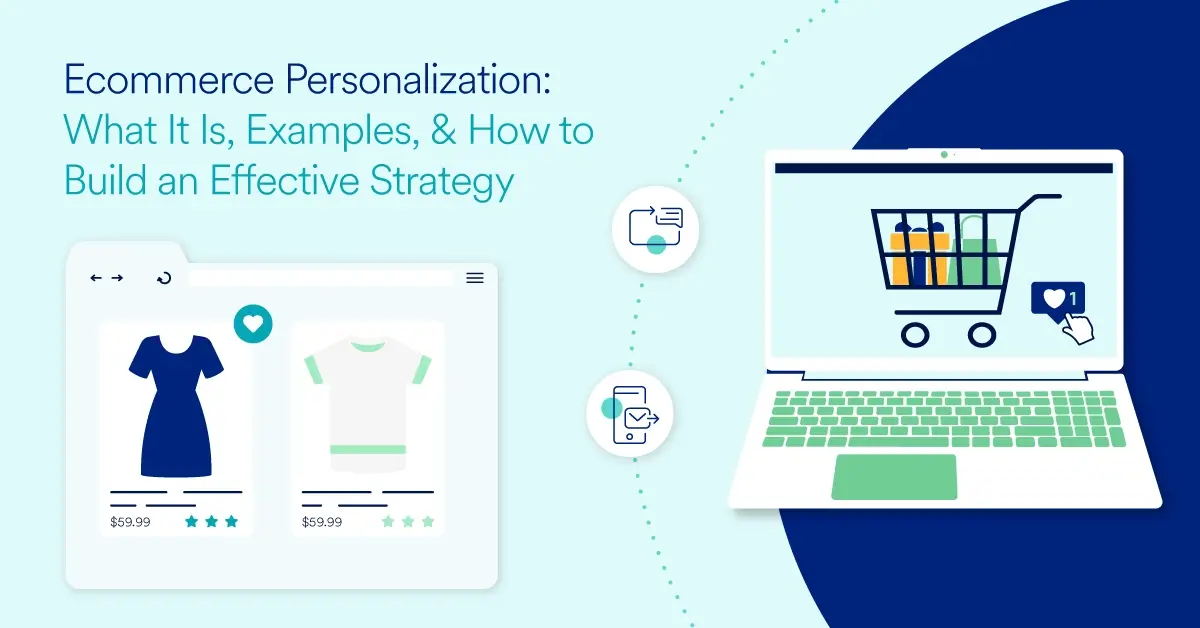
8. Case Studies: Melbourne eCommerce Brands Succeeding with Personalisation
To truly understand the power of personalisation marketing, it’s helpful to look at real-life examples of Melbourne-based eCommerce brands that have successfully implemented these strategies to boost their sales and foster customer loyalty. One standout example is Aussie Threads, a local fashion retailer that tailored its online shopping experience by leveraging customer data to recommend products based on past purchases and browsing history. By integrating personalised email campaigns and dynamic website content, Aussie Threads saw a 30% increase in repeat purchases within six months.
Another inspiring case is Melbourne Home Essentials, a homeware brand that used personalisation to enhance its customer journey. They introduced customised product bundles and personalised discount offers tailored to individual shopping behaviors. This approach not only increased their average order value but also significantly improved customer engagement, resulting in a 25% growth in overall online sales.
Lastly, GreenGlow Skincare utilized AI-driven personalisation tools to analyze customer preferences and skin types, allowing them to provide personalised product recommendations and targeted marketing messages. This strategy helped them stand out in a competitive market, leading to a 40% rise in conversion rates and a loyal customer base that values the brand’s customised approach.
These Melbourne eCommerce success stories highlight how personalisation marketing can transform the customer experience, drive sales, and create meaningful connections that keep shoppers coming back. By adopting similar tactics, your business can also harness the power of personalisation to thrive in today’s digital marketplace.
If you found this article helpful and need help with your website conversion, contact us for a FREE CRO Audit

